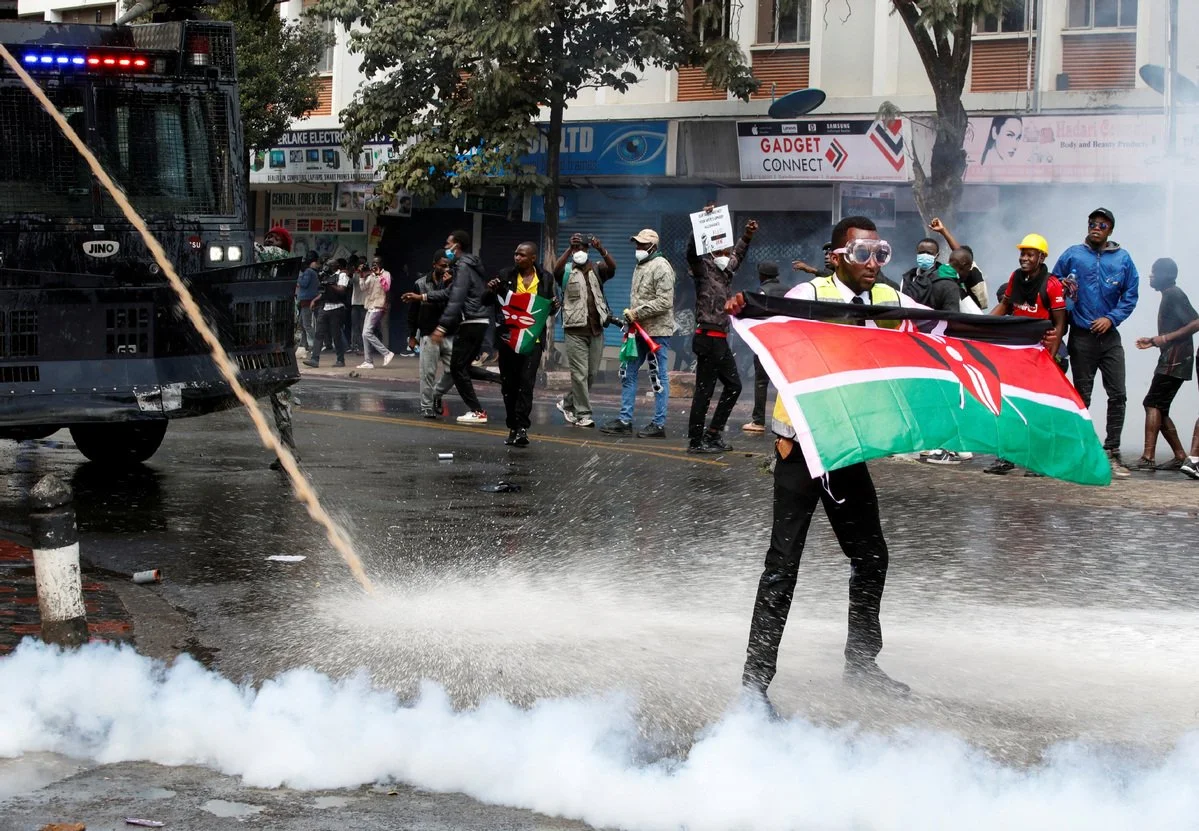Afrobeats’ Biggest Challenge in 2025 Will Be Reconnecting to the Motherland
The global rise of Afrobeats is undeniable. From Nigerian megastars like Burna Boy, Davido, and Wizkid gracing international stages to the genre becoming a staple in US and UK charts, its influence is everywhere.
Yet, as major record labels from the West pour resources into the genre, critics argue that Afrobeats risks losing its roots in the very continent that birthed it.
A growing sentiment within African and global communities questions whether Afrobeats, despite its rhythm and reach, still represents the struggles, hopes, and realities of African life. Many say it increasingly mirrors American culture, albeit with an African accent.
The Disconnect from Africa
While top artists proudly represent their African heritage, much of their music is accused of lacking depth when it comes to addressing Africa’s socio-political challenges. Songs celebrating success, wealth, and love dominate, while issues like poor governance, youth unemployment, and systemic corruption are rarely tackled.
In an appearance on the popular US podcast Drink Champs, Jamaican reggae legend Buju Banton delivered a scathing critique of Afrobeats.
"When you look at what they’re doing, their music is not freeing Africa," he remarked. He criticized the genre for failing to create songs that uplift and resonate with Africans struggling with challenges like those in Kenya, Sudan, and South Sudan.
“Tell me one Afrobeats song that can uplift us. Kenya is suffering. The young men of Kenya are revolting… Sudan, South Sudan, you name it. But which one of these songs can I relate to for peace of mind; to tell me that I’m in the struggle and we are going to be better in the struggle, and even though the struggle is hard, we’re going to overcome.”
Nigerian singer Burnaboy(Left) with rap Mogul P Diddy. Imge: Courtesy
Thanks to Afrobeats’ worldwide growth, Africa’s music industry is set to top $500 million by 2025 and has the potential to create 20 million entertainment sector jobs by 2030.
With its global success, the genre, which covers contemporary African pop, has become a point of contention, notably in West Africa, where its roots are often linked.
Lessons from the Caribbean
The commodification of Afrobeats mirrors the challenges faced by Caribbean music. The dilution of reggae and dancehall by global markets serves as a cautionary tale for African artists and producers. The fear is that Afrobeats could suffer a similar fate, becoming a product molded to suit Western tastes rather than a reflection of African culture.
Instances of cultural appropriation are already surfacing, with foreign artists adopting Afrobeats sounds without crediting African creators. A notable example is a Korean musician recently accused of using the genre’s signature elements without acknowledgment or fair compensation. These actions risk eroding the authenticity of Afrobeats while alienating its African audience.
A young protestor in Nairobi during a demonstration against Kenya's proposed finance bill in 2024. Image: Courtesy
Africa’s Gen Z Factor
Africa’s youth, especially Gen Z, are driving cultural and political change on the continent. They are increasingly vocal about issues such as governance, accountability, and social justice. However, their energy and activism have yet to be fully reflected in Afrobeats. The genre’s reluctance to engage with pressing issues is seen by many as a missed opportunity to inspire and mobilize the continent.
The Road Ahead
For Afrobeats to remain authentic and meaningful, it must reconnect with its roots. This involves not only celebrating African culture but also addressing the realities of African life. Artists have a unique opportunity to use their platforms to amplify the voices of the youth, highlight struggles, and promote hope and resilience.
The challenge for Afrobeats in 2025 will be to balance global success with cultural integrity. The genre’s leaders must decide whether they will let it evolve into a commercial product stripped of its essence or guide it to become a powerful voice for Africa’s future. As Buju Banton emphasized, “Music has the power to free people. Afrobeats must rise to the occasion.”


